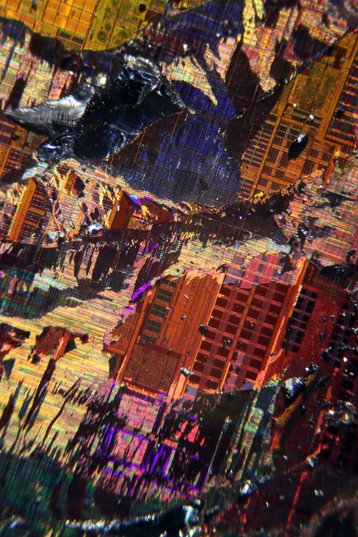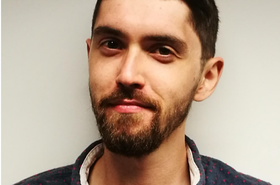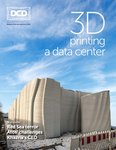OpenAI has hired Richard Ho as the head of hardware at the generative artificial intelligence company. The hire has not previously been reported.
Prior to the move, Ho led the chip engineering division at photonic computing company Lightmatter.
Before his year-long stint at Lightmatter, Ho spent nearly nine years at Google, where he was one of the leaders of Google's Cloud Tensor Processing Units (TPU) project, most recently as senior director of engineering.
Google uses its TPU chip family to train and inference its own large language models, and offers the chips on its cloud service.
At Google, Ho co-invented a method for using machine learning to design chip architectures. Prior to his time at the hyperscaler, Ho worked at Arm server chip company Calxeda, supercomputer firm D. E. Shaw Research, and ASIC firm Mentor Graphics.
"I aim to build teams that efficiently build novel chips attacking the hardest problems with creativity and flair," his LinkedIn notes. Ho declined to comment to DCD on the new role's nature.
OpenAI is currently hiring for a deep learning hardware/software co-design engineer who will likely report to Ho.
"We’re forming a new team to work with our partners on hardware optimization and co-design, and are looking for a founding engineer," the previously unreported listing states.
"This team will be responsible for working with partners to optimize their hardware for our workloads, identifying promising new deep learning accelerators, and bringing those hardware platforms to production.
"While primarily a software team, this team will be multidisciplinary and include experts in hardware design as well as data center facility design."
The role includes evaluating potential accelerators, building simulations, and "as the scope of the role and team grows, understand and influence roadmaps for hardware partners for our data center networks, racks, and buildings."
OpenAI currently uses Microsoft's Azure cloud as part of a $13bn investment that is mostly in cloud credits. The ChatGPT developer has pledged to help inform Microsoft's AI chip development - with the first products announced earlier this month.
The startup is also believed to have considered building its own chip hardware, and had evaluated a potential acquisition target. CEO Sam Altman has separately been trying to raise billions for his own chip company.
It is unknown what the state of either, potentially interrelated, venture is - after November 17 saw Altman dramatically fired by the OpenAI board. Just five days later, he was rehired after the vast majority of employees threatened to quit and join Microsoft.
Ho was among those who threatened to quit the company; it was his first week at OpenAI.
That week, OpenAI also hired Google's Todd Underwood to head a new Site Reliability Engineering team focused on research and training workloads.





